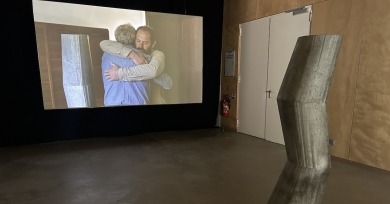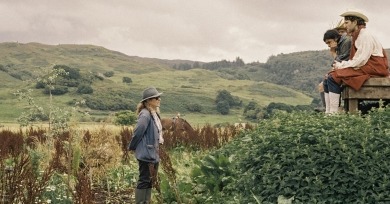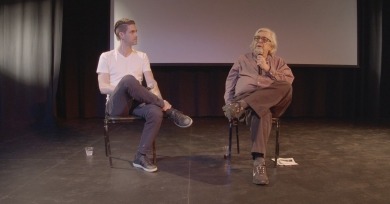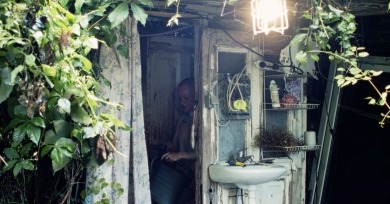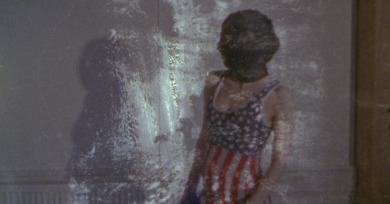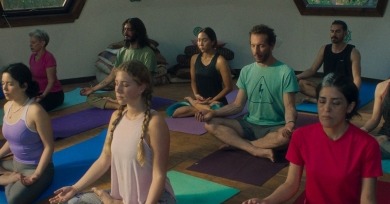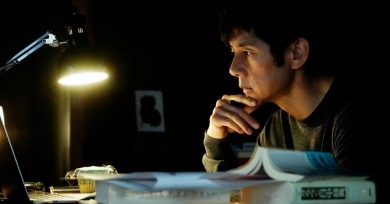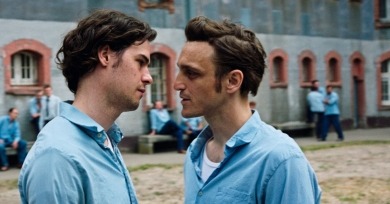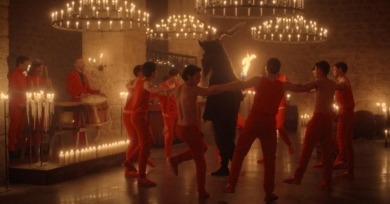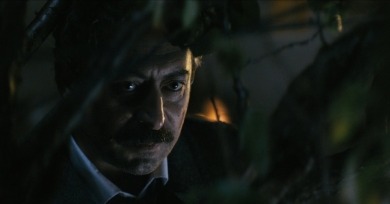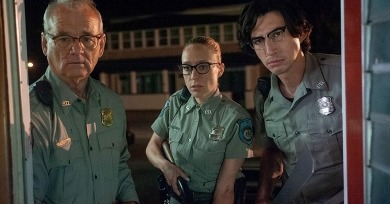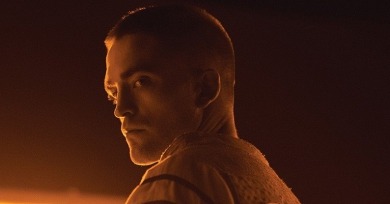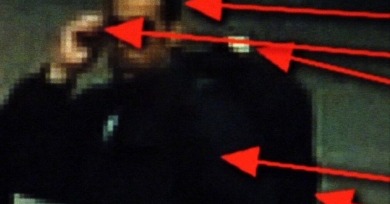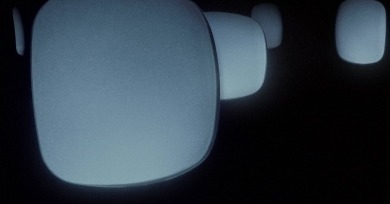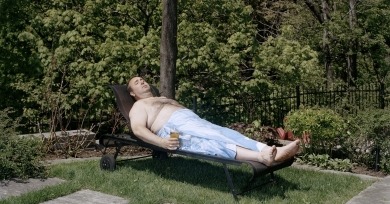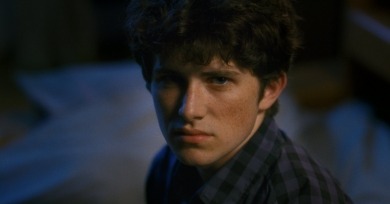Jordan Cronk
The further one delves into Creton and Barré’s catalogue, the more the films begin to feel like pieces of an indivisible whole, one that encompasses the entirety of their personal and professional lives.
It was a physically demanding film, for the crew and the cast, because of weather and the terrain and time limitations. It is not exactly improvisational, but once we start—and because we keep shooting the scenes over and over again without stopping—it evolves. And then in the editing, another being comes alive.
No Other Land is a film situated at ground level, depicting innocent people literally fighting to protect not only their homes but also their entire way of being. Three other films from last year took a bird’s eye view to similar subject matter.
People get into the habit of saying things like, this was a bad year for film, or this was a good year for film. Stupid stuff—stuff that's supposed to be based on concepts like supply and demand. But you can’t have meaningful supply and demand when nobody really knows what the demands are.
While it is now customary to view most online content in this manner, it is still surreal to see vertical images in a cinematic context, despite being, as “Shifting Perspectives” demonstrates, one of the initial ways moving images were conceived in the late 19th century.
Many of the best and most radical films came from major auteurs experimenting with new forms, whether that is Hong Sang-soo, Pedro Costa, or Wang Bing. Plus: Lois Patiño, James Benning, Deborah Stratman, Steve McQueen, Eduardo Williams, Joshua Gen Solondz, and more.
Unlike the moving-image installations presented as part of group exhibitions like documenta and the Venice Biennale, Villa Medici focuses squarely on the theatrical presentation of its selection—which, considering the Renaissance-era backdrop, makes for some surreal viewing environments.
La Práctica is a return to for Martin Rejtman to the seriocomic stylings of his early work that finds the director navigating a very different economic landscape, one shaped by the neoliberal reforms of the ’90s but transformed by the ongoing recession and the attendant rise in freelance labor.
As my admiration for Saint Laurent has grown over the years, I have come to think that maybe some films are not made for festival viewing, or are at least best seen in relative isolation, away from the hustle and bustle of an event like Cannes or Venice.
When you adapt a book into a movie it is more about transcribing the emotions you felt when you first read the text.
Certain forms are still anathema to what constitutes serious cinema, and that changes in approach, personnel, or temperament are acceptable so long as they do not disrupt our preconceived notions of the author’s vision.
Tender where most films of its kind are tough, Greet Freedom is nonetheless unflinching in its emotional honesty and highly detailed in its artistry. Also reviewed: Annette and Intregalde.
Diving fully into the fantastical, Green has here turned the allegorical dimensions of his prior films inside out. Steeped in myth and satirical humor, the film betrays a playfully perverse sense of humanity and moral comeuppance.
It is the rare film openly built on the legacy of its forebears that has gone on to influence a wide variety of European art-house cinema.
Jarmusch allows the droll humor to be swallowed in a vacuum of inertia, as if the fate of the world has been foretold and the characters are helpless to reverse what they have started.
In typical Denis fashion, she presents the story through an unfolding series of sensory details: a humid garden, a pile of lifeless bodies, a gathering puddle of sweat and semen.
If, as the saying goes, the devil is in the details, then Chris Kennedy’s 36-minute marvel Watching the Detectives finds in that idea a working metaphor for the modern condition.
Blake Williams has achieved a holistic union of his own that speaks at once to the transformative power of the moving image and the oceanic force of its full deployment.
“The words written in the script are really just for my reference. I never show the actors the screenplay. I find I always get better results with the dialogue if we do some improvisation and run through the scene a few times.”
The deft deployment of overt symbolism, coupled with an empathetic attention to the emotional travails of the characters, allows the film to operate equally well as a theologic parable, an existential comedy, and an anachronistic family drama.
